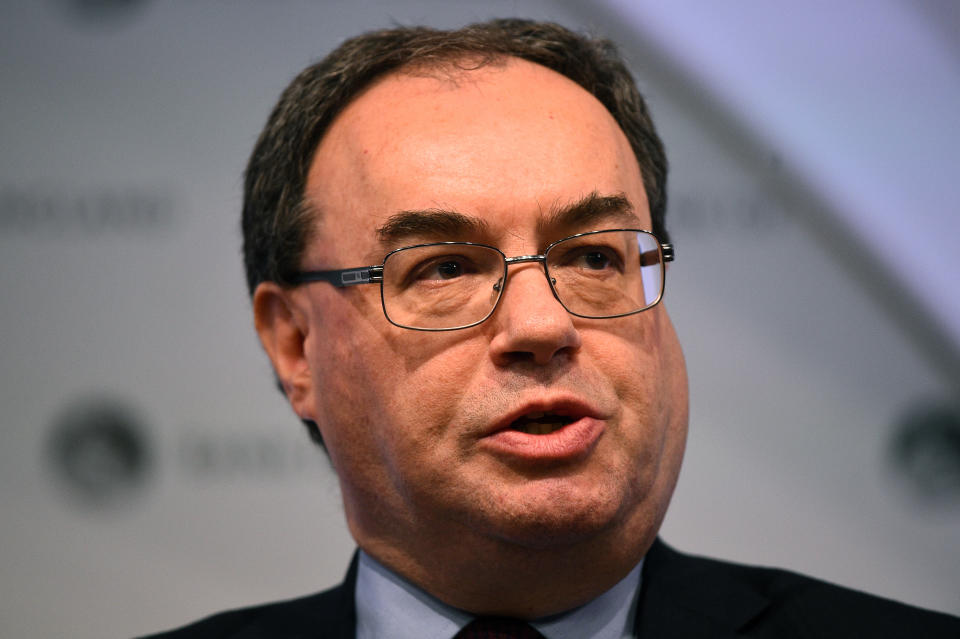Star fund manager Neil Woodford 'sailed close to the wind'

Star fund manager Neil Woodford “sailed close to the wind” and acted on the “wrong side of the spirit” of the rules, according to the UK’s top financial regulator.
Neil Woodford is one of the most high-profile money managers in the UK, with a reputation as a star stock picker in the City of London. He worked at Invesco Perpetual for over 25 years, before leaving in 2013 to set up a firm bearing his name.
However, Woodford is currently at the centre of a controversy after one of his flagship funds was suspended earlier this month. Woodford had invested in a high level of unlisted companies, which created a mismatch between liquid assets he could sell to meet rising outgoings. Regulators decided the best thing to do would be to freeze the fund.
The suspension has left £3.7bn stuck in the fund and thousands of ordinary investors unable to access their money. MPs on Tuesday scrutinised the Financial Conduct Authority (FCA) over its supervision of Woodford, questioning whether action could have been taken sooner to prevent the suspension.
Andrew Bailey, the CEO of the FCA, insisted the regulator did everything it was supposed to. Rather, he said, the rules had failed investors by allowing the course of actions that led to the suspension.
Bailey added that Woodford himself “sailed close to the wind” in exploiting those rules.
Woodford’s flagship Equity Income Fund peaked at £10bn of assets under management in 2017, but then began to see outflows as his investments failed to deliver expected returns.
“At that point it starts losing funds consistently but not dramatically,” Bailey told MPs on the Treasury Select Committee. “We were obviously alert to the fact that this was a fund that was persistently shrinking.”
The fund was ultimately suspended on 3 June, 2019, after Kent County Council tried to redeem £250m in one day, creating a liquidity crunch.
“We were observing the outflow against the liquidity metrics,” Bailey said. “Until right at the end of that period, I think the outflow looked manageable.”
The Woodford Equity Income Fund held a large amount of unlisted, illiquid investments that could not easily be shifted. Funds of this type have a cap of 10% of illiquid assets and the Woodford Equity Income Fund breached this cap twice in 2018.
“The unlisted proportion of the fund was biting more on them as the size of the fund shrunk,” Bailey said. “Having had these two breaches last year … they were symptomatic of the fact they were sailing close to the wind.”
Woodford helped to ease the liquidity crunch by saying he would list some of the illiquid holding on the public market. This classifies the assets as liquid even before they are publicly listed.
Woodford eventually did list some assets in Guernsey but the regulator there suspended the listings due to its own concerns about liquidity. The FCA was not initially made aware of the Guernsey listings, which Bailey said was allowed under EU rules.
Bailey said Woodford was “using the rules to the full” and was on the “wrong side of the spirit.” He criticised the EU’s collective investment rules, which he said were “flawed.”
“I think it’s more a failure of rules frankly, to be honest with you,” Bailey said.
Bailey, widely seen as a front runner to be the next Bank of England governor, also said Woodford should give up the management fees he collects from the Equity Income Fund as a sign of good faith to his customers. Bailey admitted, though, the rules allowed Woodford to keep collecting the money.
————
Oscar Williams-Grut covers banking, fintech, and finance for Yahoo Finance UK. Follow him on Twitter at @OscarWGrut.
Read more:
UBS on Facebook's Libra: 'We have more questions than answers'
Facebook's 'significant' Libra under scrutiny from new UK task force
UK and US reputations take a 'nosedive' over Brexit and Trump
Huawei fallout spreads: UK chipmaker's stock tanks 35% on profit warning
Bank of England's Carney gives Facebook's Libra cautious backing

 Yahoo Finance
Yahoo Finance 